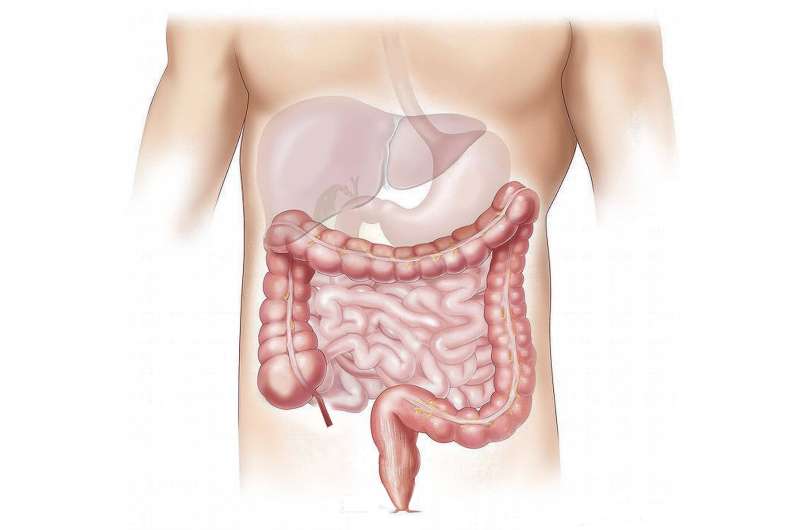Comprehensive Guide to Understanding and Preventing Colon Cancer

Learn essential facts about colon cancer, including risk factors, screening guidelines, and prevention strategies to promote early detection and improve survival chances.
What to Know About Colon Cancer
Colon cancer remains a significant health concern worldwide, being one of the leading causes of cancer-related deaths. Understanding its risks, symptoms, screening methods, and preventive strategies is crucial for early detection and improved outcomes.
Myth vs. Fact: Prevalence of Colon Cancer
Many believe that colorectal cancer is extremely common, but it is actually considered relatively rare, constituting the second-leading cause of cancer-related mortality among both men and women. Statistics show that approximately 1 in 26 women and 1 in 24 men will develop this cancer during their lifetime.
Rising Incidence in Younger Adults
Contrary to previous beliefs, colorectal cancer is increasingly diagnosed in individuals under age 50. Since 1990, rates in this age group have doubled, highlighting the need for awareness even among younger populations. Conversely, the decline in older adults is attributed to effective screening programs.
Screening Guidelines and Early Detection
In 2021, recommendations were updated to commence routine screening at age 45 due to rising cases among younger adults. Early diagnosis plays a vital role; if detected when confined to the colon or rectum, the five-year survival rate exceeds 90%. However, once the cancer spreads, survival drops dramatically to around 15%.
Prevention through Screening
Screening aims to prevent cancer by detecting and removing precancerous polyps before they develop into malignant tumors. Colonoscopies allow for both detection and removal of these polyps, significantly reducing the risk of cancer development.
Lifestyle and Dietary Factors
Maintaining colon health can be supported through various lifestyle choices:
- Eating more vegetables and whole grains adds bulk to your stool.
- Incorporating healthy fats like olive oil, salmon, avocados, and nuts.
- Engaging in at least 30 minutes of physical activity most days.
- Managing body weight, as obesity increases risk.
- Consuming alcohol in moderation and avoiding smoking.
Risk Factors Beyond Family History
While a family history can influence risk, other factors also contribute significantly. Conditions like obesity, inflammatory bowel disease, and unhealthy lifestyle choices, including high red meat intake, smoking, and alcohol consumption, elevate risk. Certain populations, such as African Americans and American Indian/Alaska Natives, are at higher risk.
Stool Tests and Limitations
Stool-based screening tests can detect precancerous lesions and polyps, but a positive result requires follow-up colonoscopy for definitive diagnosis and removal. These tests are valuable but are part of a broader screening strategy.
Source: MedicalXpress
Early awareness, appropriate screening, and healthy lifestyle choices are the pillars of combating colon cancer and improving survival outcomes.
Stay Updated with Mia's Feed
Get the latest health & wellness insights delivered straight to your inbox.
Related Articles
Potential Link Between Semaglutide and Reduced Dementia Risk in People With Type 2 Diabetes
Studies indicate that semaglutide, a common diabetes and weight-loss drug, may significantly lower the risk of dementia in individuals with type 2 diabetes, highlighting a promising avenue for neurodegenerative disease prevention.
Assessing Australian Nurses’ Readiness for Disaster Response
Recent research highlights gaps in disaster response training among Australian nurses, emphasizing the need for comprehensive education to handle increasingly complex emergencies. Improving preparedness can lead to better outcomes during disasters.
Rising COVID Cases This Summer: What You Need to Know About Paxlovid Treatment
Learn about the latest developments on Paxlovid's effectiveness during the summer rise in COVID-19 cases, including current research, costs, and treatment recommendations.



